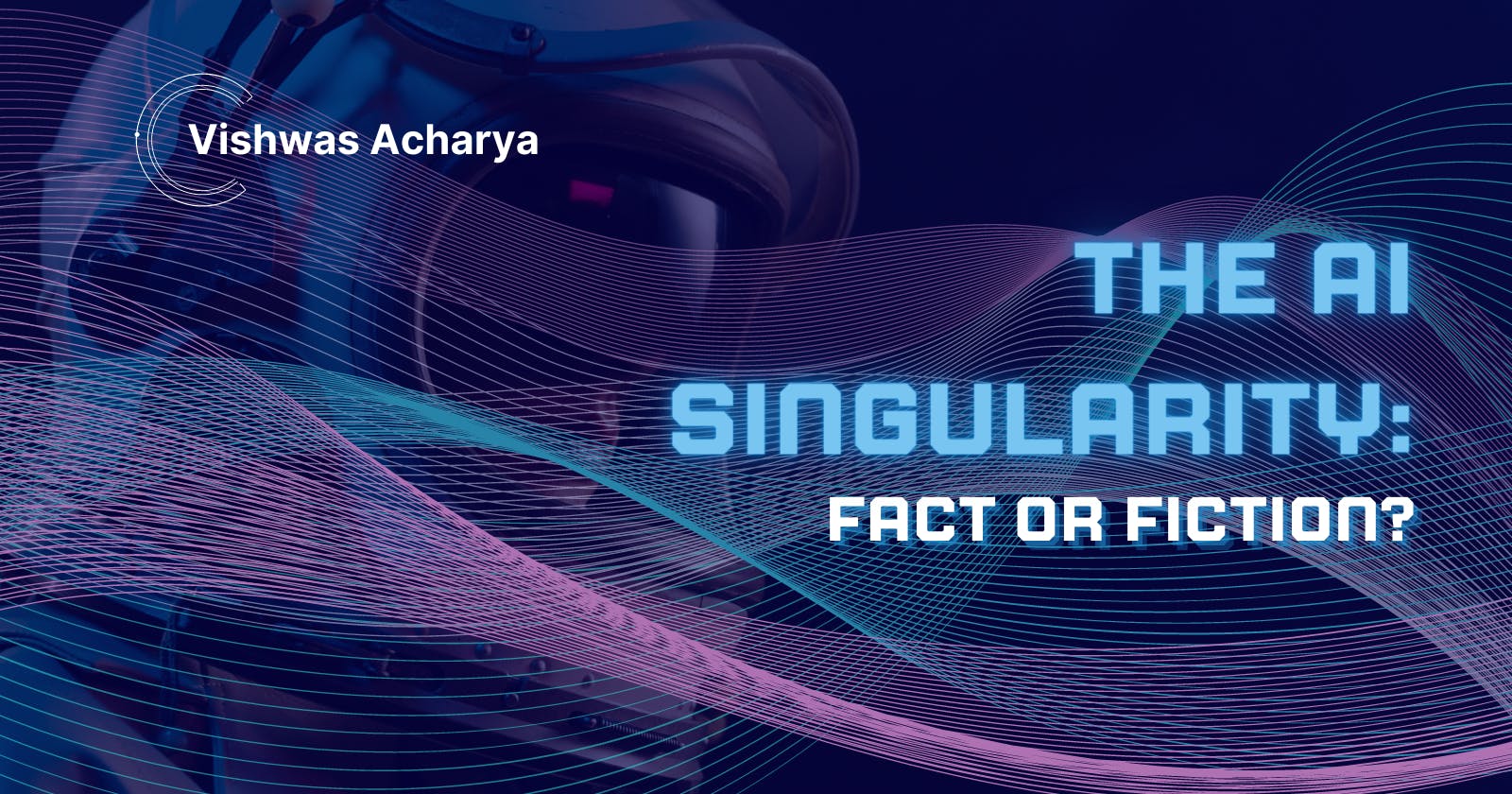Introduction
Artificial Intelligence (AI) has witnessed remarkable progress in recent years, permeating various aspects of modern life. The concept of AI Singularity, a hypothetical point where AI surpasses human intelligence and becomes self-improving, has stirred both excitement and apprehension. In this article, we will delve into the world of AI Singularity, exploring its potential implications, benefits, and challenges.
The Evolution of AI
The journey of AI dates back to early attempts at simulating human intelligence. However, it was limited by technology constraints. As computing power and data availability increased, AI witnessed significant advancements. The dream of achieving Artificial General Intelligence (AGI), a form of AI capable of performing any intellectual task that a human can do, emerged.
Understanding the AI Singularity
The AI Singularity refers to a future scenario where AI rapidly accelerates its own development, outpacing human capabilities. Some experts believe it is inevitable, while others consider it a distant possibility. Technological predictions and concerns about the consequences of AI Singularity have fueled intense debates.
The Pros of AI Singularity
Proponents argue that AI Singularity holds great promise. AI could revolutionize scientific research, healthcare, and environmental conservation. With superhuman analytical abilities, AI could tackle complex global challenges, aiding in finding solutions to climate change, disease, and resource management.
The Cons of AI Singularity
Conversely, critics express concerns about the negative impact of AI Singularity. Ethical issues regarding AI's decision-making processes and the potential for AI to become uncontrollable raise red flags. Ensuring that AI aligns with human values and does not cause harm is of paramount importance.
Current AI Landscape
As we speak, AI is already woven into the fabric of our daily lives. From personalized recommendations on streaming platforms to autonomous vehicles and medical diagnostics, AI is reshaping industries and revolutionizing the way we live and work. Understanding AI's current state helps us contextualize the potential of AI Singularity.
Debunking AI Singularity Myths
There are numerous myths and misconceptions surrounding the AI Singularity. It is crucial to differentiate between AI and human intelligence. While AI can excel in specific tasks, it lacks the holistic understanding and emotional intelligence of humans. Acknowledging these distinctions is essential to set realistic expectations.
The Road Ahead: AI and Humanity
Rather than fearing an adversarial relationship between AI and humanity, we must seek symbiosis. Collaborative efforts can leverage AI's capabilities to augment human potential and address complex challenges. Establishing ethical frameworks and guidelines will be pivotal in ensuring AI benefits society.
Embracing the Potential of AI
Embracing AI's potential entails responsible development and application. Governments, businesses, and researchers must prioritize safety and transparency in AI systems. Investments in AI research and education will facilitate a smooth integration of AI into our lives.
Conclusion
The AI Singularity remains an intriguing and controversial topic. While its realization is uncertain, the transformative power of AI is undeniable. By fostering a collaborative and ethical approach, we can harness the full potential of AI to benefit humanity.
By Vishwas Acharya 😉
Checkout my other content as well:
YouTube:
Podcast:

